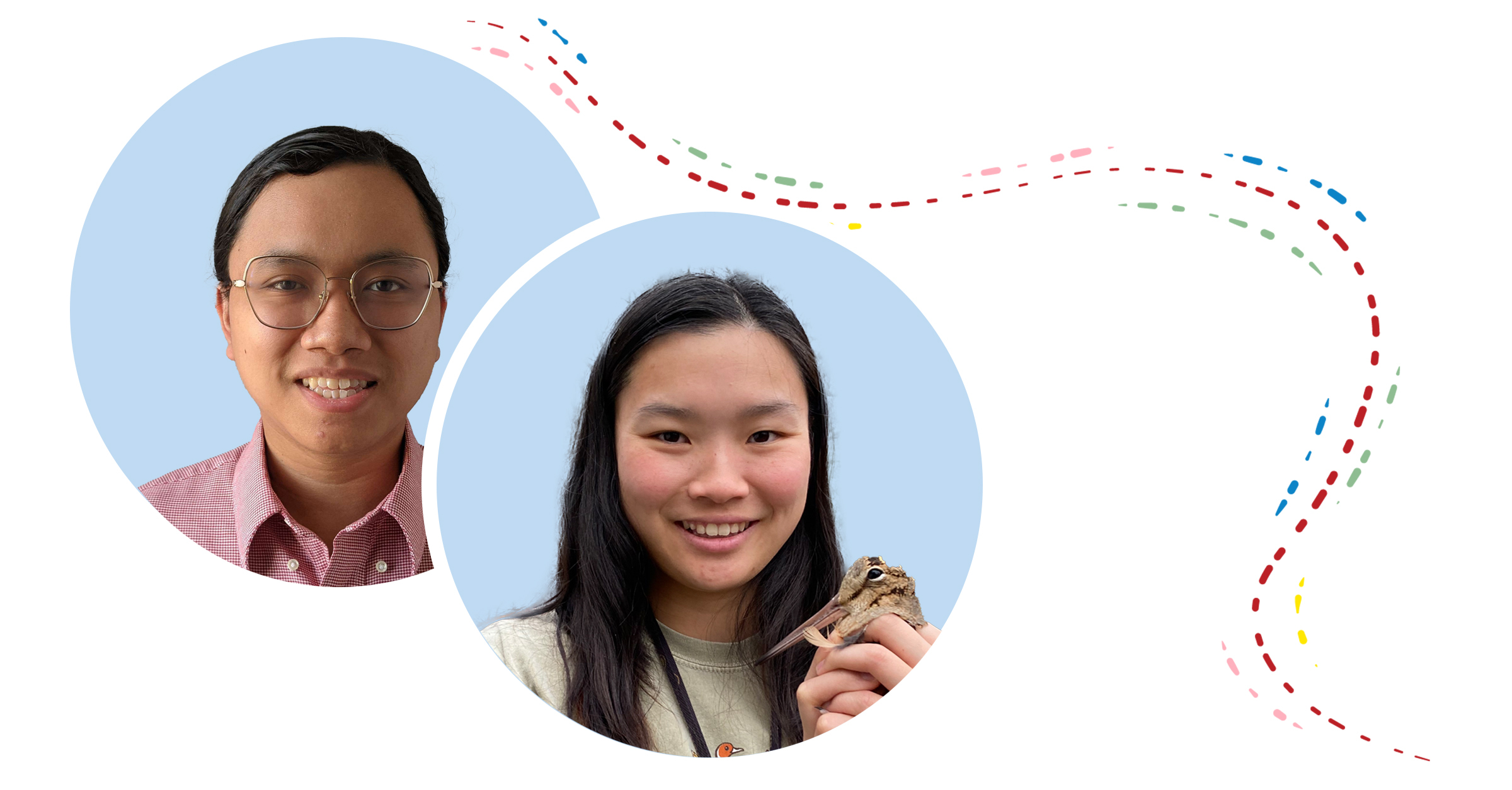Preparing Students for Tech Careers
Durable Skills for an Automated Future
By MAXX Potential
- Posted:
- Education

Artificial Intelligence and automation are becoming a big part of our world. If you’ve done an Internet search recently, then you’ve probably observed that the first answer to your query is an AI-generated response. The world as we know it is vaulting to the future, and it begs the question: how do we best prepare students for the future?
We believe the key is equipping students with the skills needed to thrive in an environment where AI and automation are prevalent and innovating. This comes from fostering adaptability, continuous learning, and interdisciplinary knowledge. We might not know what the future holds, but we do believe that the interdependence of tech and human skills will be foundational.
The Interdependence of Tech and Durable Skills
The approach of combining technical skills alongside professional skills ensures that students become proficient in using technology but also build resilience to work in an innovative field. We’ll explore how fostering adaptability, versatile problem-solving, emotional intelligence, and smart reasoning can help students stay ahead no matter what the future brings.
Exploring AI for Adaptability and Lifelong Learning
The rapid pace at which these technologies advance means that the skills and knowledge required today might be obsolete tomorrow. That doesn’t mean that students should not work with this technology; in fact, students who can interact with the newest technologies will be more ready for continued advancements. Just as it’s been an art to learn the best way to search the internet, learning how to best prompt LLM models takes time with lots of trial and error.
As students interact with AI systems, they’ll inevitably encounter challenges and complexities that will test their problem-solving skills. This is a critical part of the learning process. By facing these difficulties head-on, students can develop a growth mindset, understanding that their abilities can be developed through dedication and hard work. This mindset will serve them well in a tech career where adaptability is key, and where they may need to pivot or learn new tools quickly.
By staying informed and following their curiosity about the latest trends and breakthroughs in AI and automation, students can discover, learn, and build on their skills that will likely be relevant and in demand. Moreover, by embracing a culture of continuous learning, students position themselves as valuable assets in any tech-driven workplace, ready to tackle the challenges of tomorrow.
Merging STEM with Humanities for Innovative Learning
Interdisciplinary learning is foundational for the multifaceted challenges of the tech industry. By blending STEM education with arts and humanities, students can develop a more holistic understanding of the world around them. This fusion encourages versatile problem-solving skills, enabling students to come up with creative solutions that a purely technical approach might miss.
Understanding cultural nuances and human behaviors can lead to the development of more user-friendly and accessible technology. Moreover, subjects like philosophy and ethics can play a significant role in guiding future tech professionals to consider the broader implications of the technology they create, ensuring that it serves to enhance society rather than detract from it.
In real-world settings, tech professionals rarely work in isolation; they are often part of multidisciplinary teams where clear communication and understanding of different viewpoints are key to success. By gaining insights from arts and humanities, students can learn to articulate technical concepts to non-experts and appreciate the contributions of colleagues from different backgrounds. This interplay of knowledge and skills makes for a more adaptable and well-rounded individual, or in other words, a whole human ready to innovate in the tech world.
Coordinating Group Success with Emotional Intelligence and Communication
Emotional intelligence and leadership skills are often grown best within the context of group projects and experiential learning environments. Students interact with others who might work differently than they do, and they dip into recognizing and managing emotions within a team. This collaborative atmosphere asks each student to step into leading roles, practice empathy and task management while preparing them for similar challenges they’ll face in the tech industry.
Communication skills are also refined through these hands-on projects. Students must articulate technical concepts clearly and work together to solve problems. Collaborating with diverse teams and explaining the specialty to people who don’t work with that area of expertise is vital for future work environments.
Navigating Technology with Good Ethics and Data Literacy
The rapid advancement of technology has caused a stir when it comes to data literacy and ethics, and that’s why it’s important to consider navigating technology from the lens of moral philosophy. What does it look like to encourage students to assess technology’s societal impact, explore the problems of data privacy, and recognize the pitfalls of algorithmic bias? Asking students to delve into these topics will help them as the tech continues to innovate.
A lot of today’s living happens online, and we still have lives in the physical world where people are deeply impacted by their digital interactions. Students know this. Every technological advancement comes with some level of social impact, and it’s a good exercise for students to consider the wider effects of their innovations alongside society and the environment. Developing reasoning skills alongside an awareness of technology’s societal role will enable students to forge solutions that are not only innovative but also socially conscious, preparing them to lead the charge in a tech-driven future that prioritizes the public good.
Creating a Learning Environment for AI and Technical Prompting
When it comes to technology, the best thing for students is to train them in durable skills and let them get hands-on with new Artificial Intelligence advancements. As a company devoted to learning, we understand the importance of allowing future technologists to experience the latest technologies, and we’ve developed a learning environment that gives MAXX Potential Apprentices access to a range of AI options within a controlled space that prioritizes data loss prevention and quality content. This customizable AI assistant that we call MAXX GPT can be built for your company or educational institution. Reach out to MAXX Potential to find out more about building a GPT for your needs.
MORE POSTS
By Barbara Brutt, MAXX Potential Content Marketer “Research shows that play is critical for adults’ well-being too — but many of us don’t play enough
Data Scientist, Federal Reserve Bank of Richmond



